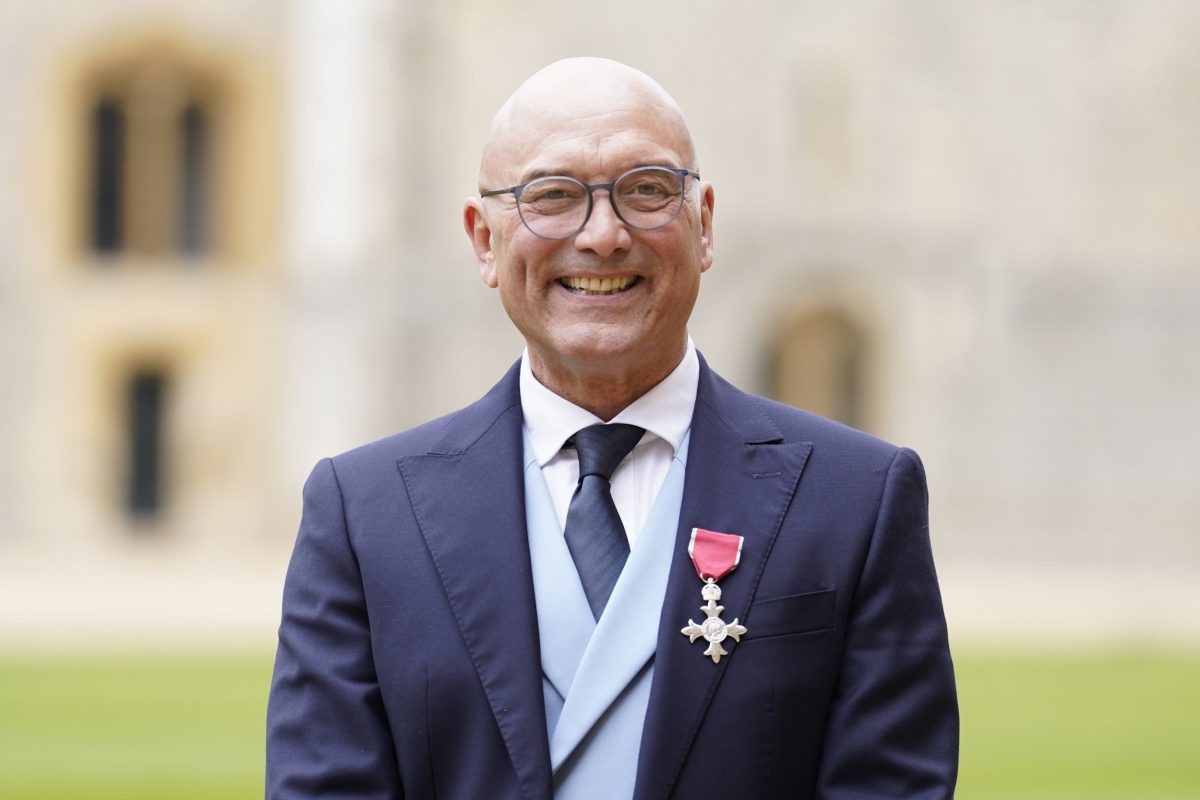Gregg Wallace’s Autistic Defense Sparks Debate
Gregg Wallace, the former MasterChef presenter, has made headlines not only for his recent dismissal from the BBC but also for his controversial explanation of his behavior. In a statement, he attributed his inappropriate actions to his autism, which he recently received a formal diagnosis for. This defense has sparked a wide-ranging debate about the intersection of neurodiversity and professional conduct.
Wallace, who was fired after a year-long investigation into complaints from 50 individuals, stated that his neurodiversity was known among colleagues throughout his time on the show. However, he claims that no measures were taken to address his disability or protect him from what he now sees as a dangerous environment. The allegations against him include groping a co-worker and pulling down his trousers in front of another individual, though he denies these claims.
While some may argue that this is a strategic legal move, it has been met with skepticism by many. The public and the autistic community have largely reacted negatively to his defense. Critics suggest that such a justification could lead to harmful stereotypes, associating autism with inappropriate workplace behavior. This is particularly concerning given the ongoing efforts to change perceptions about autism, emphasizing that autistic individuals are not emotionless robots or inherently prone to misconduct.
The article highlights the broader issue of employment challenges faced by autistic individuals. According to the Office for National Statistics, only 30% of autistic people are in any form of employment, whether full-time or part-time. One of the main barriers is the job interview process, which often tests neurotypical social skills that many autistic individuals find difficult to navigate. Wallace’s comments risk exacerbating this problem, potentially reinforcing negative stereotypes and making it harder for autistic individuals to secure jobs.
Despite the controversy, there is a degree of sympathy for Wallace on a personal level. The author of the article, who is autistic and the co-founder of NeuroUniverse, acknowledges the struggles that some autistic individuals face in connecting with others. They recognize that some people may rely on humor or other forms of expression to cope, which can sometimes lead to inappropriate behavior. However, they emphasize that this does not justify the harm caused to others.
The article also addresses the need for accountability. While it is important to understand and support neurodivergent individuals, it is equally crucial to hold them responsible for their actions. Wallace’s behavior, regardless of his neurodiversity, has had real consequences for those affected. He needs to take responsibility for his actions and focus on self-reflection rather than blaming others.
In conclusion, the debate surrounding Gregg Wallace’s defense underscores the complexities of neurodiversity in the workplace. It highlights the need for greater understanding and support for neurodivergent individuals while also emphasizing the importance of accountability and respect for all employees. As society continues to evolve in its understanding of autism, it is essential to ensure that such discussions do not perpetuate harmful stereotypes or undermine the progress being made.







